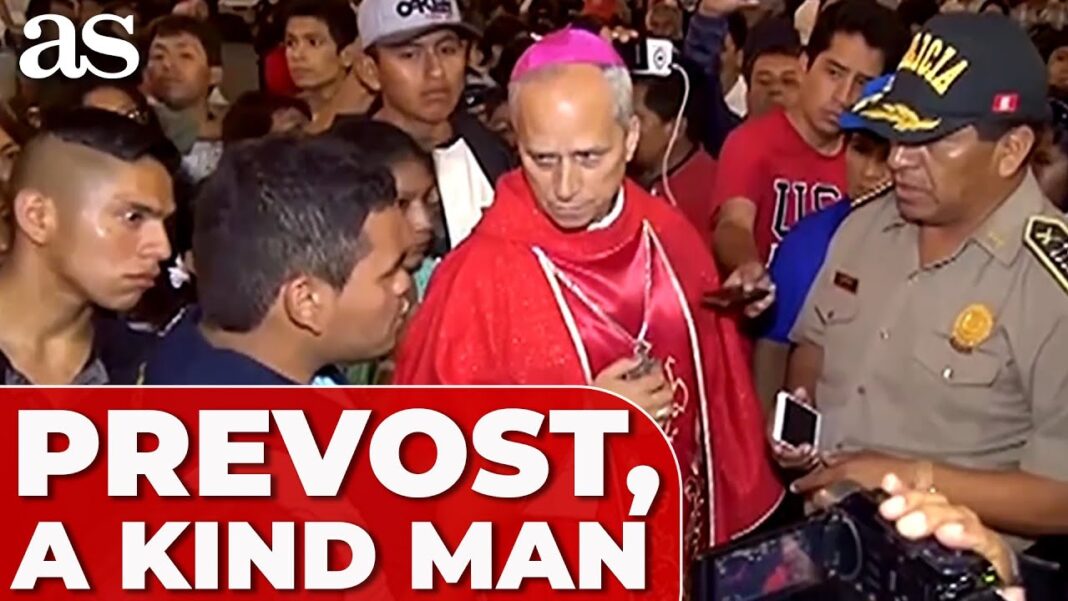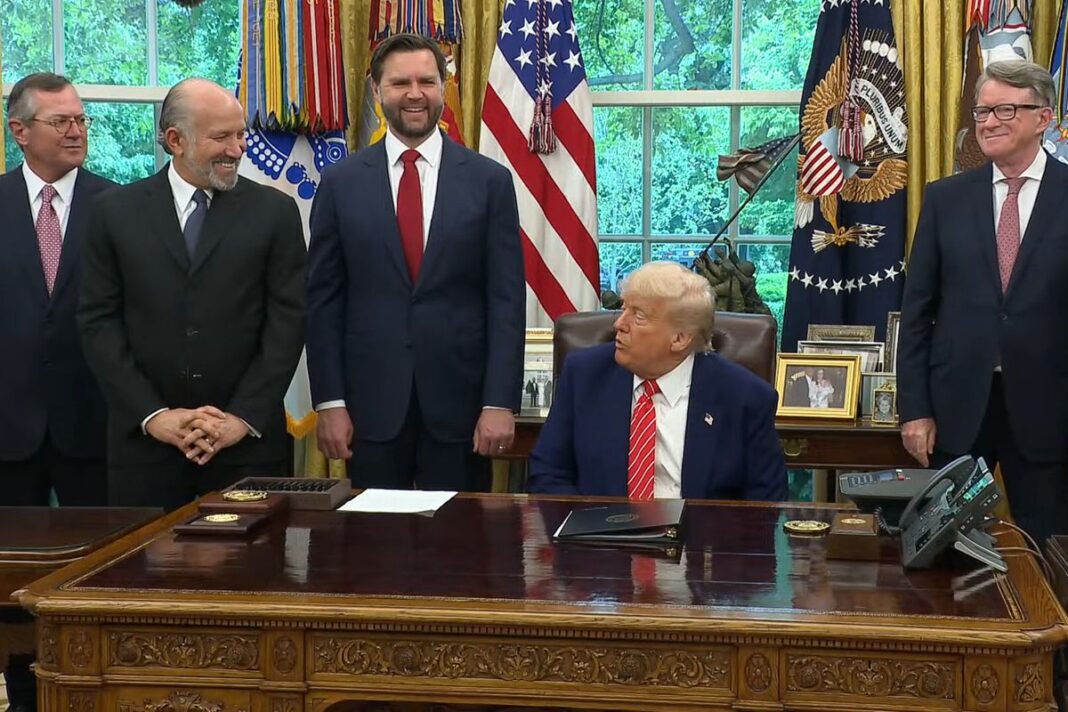The hearing concerns Trump’s executive order signed on Jan. 20.
C-SPAN is urging the Supreme Court to allow live video coverage of oral arguments regarding President Donald Trump’s executive order on birthright citizenship.
On May 7, the public-affairs cable television network made public a letter that its CEO, Sam Feist, sent to Chief Justice John Roberts requesting that its cameras be allowed inside the courtroom on May 15 for the oral arguments in Trump v. CASA Inc.
In April, the Supreme Court left in place lower court orders blocking Trump’s policy of limiting birthright citizenship for certain individuals and scheduled the oral arguments.
“This case holds profound national significance,” Feist wrote in the April 23 letter.
“Its implications—legal, political, and personal—will affect millions of Americans. In light of this, we believe the public interest is best served through live television coverage of the proceedings. The public deserves to witness—fully and directly—how such a consequential issue is argued before the highest court in the land.”
Permitting live video coverage of the case would offer “Americans outside the few seated inside the Court, the ability to also see how critical issues are debated and decided at the highest level,” he wrote.
“[C-SPAN stands] ready to work with the Court to ensure that this broadcast is conducted with the dignity and respect befitting the occasion,” Feist wrote.
The Supreme Court currently provides a live audio feed of oral arguments on its website and is expected to do so on May 15. Members of the public may apply for tickets to attend oral arguments in person. Applicants enter a lottery for available seats, and the results are announced three weeks beforehand. No recording devices, including cameras, are allowed in the courtroom. Transcripts of arguments are typically posted on the court’s website hours after the argument is completed.
Trump’s Executive Order 14160, signed on Jan. 20, states that “the Fourteenth Amendment has never been interpreted to extend citizenship universally to everyone born within the United States.”








